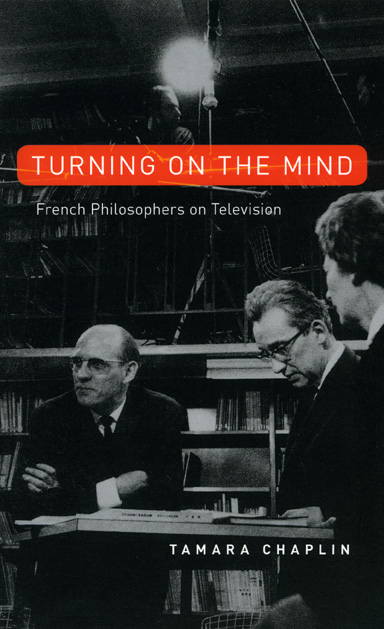BHL the Botulist

In popular American culture, French philosophers might be said to have a bit of a reputation as all style and no substance. But in France itself, philosophers have long enjoyed media attention that typically casts these thinkers in a more flattering light—that is until recently, when one of France’s most popular public intellectuals, Bernard-Henri Lévy—in France often referred only by his initials BHL—made the error of citing the work of a made-up philosopher in his latest book, De la Guerre en Philosophie. As a story in the Telegraph notes:
In his book, which has received lavish praise from some quarters, the open-shirted Mr Lévy lays into the philosopher Immanuel Kant as being unhinged and a “fake”. To support his claims, he cites a certain Jean-Baptiste Botul, whom he describes as a post-War authority on Kant.
But the chorus of approval turned to laughter after a journalist from Le Nouvel Observateur pointed out that Mr Botul does not exist: he is a fictional character created by a contemporary satirical journalist, Frédéric Pagès.…
He has even given rise to a school of philosophical thought called Botulism—a play on words with the lethal disease—and has created a theory of “La Metaphysique du Mou” the Metaphysics of the Flabby.
So, while thanking our lucky stars that we didn’t publish it, we thought we should take the slightly rare opportunity to have a laugh at Lévy’s expense as well, and to plug our book related to the topic, Tamara Chaplin’s Turning On the Mind: French Philosophers on Television—a book which does not cite any fictional authors whatsoever. (But in which, as on French television, Lévy makes frequent appearances.)
The fact that the French media even noticed Lévy’s mistake offers concrete evidence of the radical differences between French popular culture and our own, differences which Chaplin’s book makes clear as it explores the history of the televising of philosophy in France and the enduring commitment bringing philosophical discourse—a discourse which in the U.S. is sadly too often confined to the ivory tower—into the public sphere.
To find out more read this excerpt from the book. Or for another chuckle at an “open-shirted” philosopher’s expense, read more at the Telegraph.